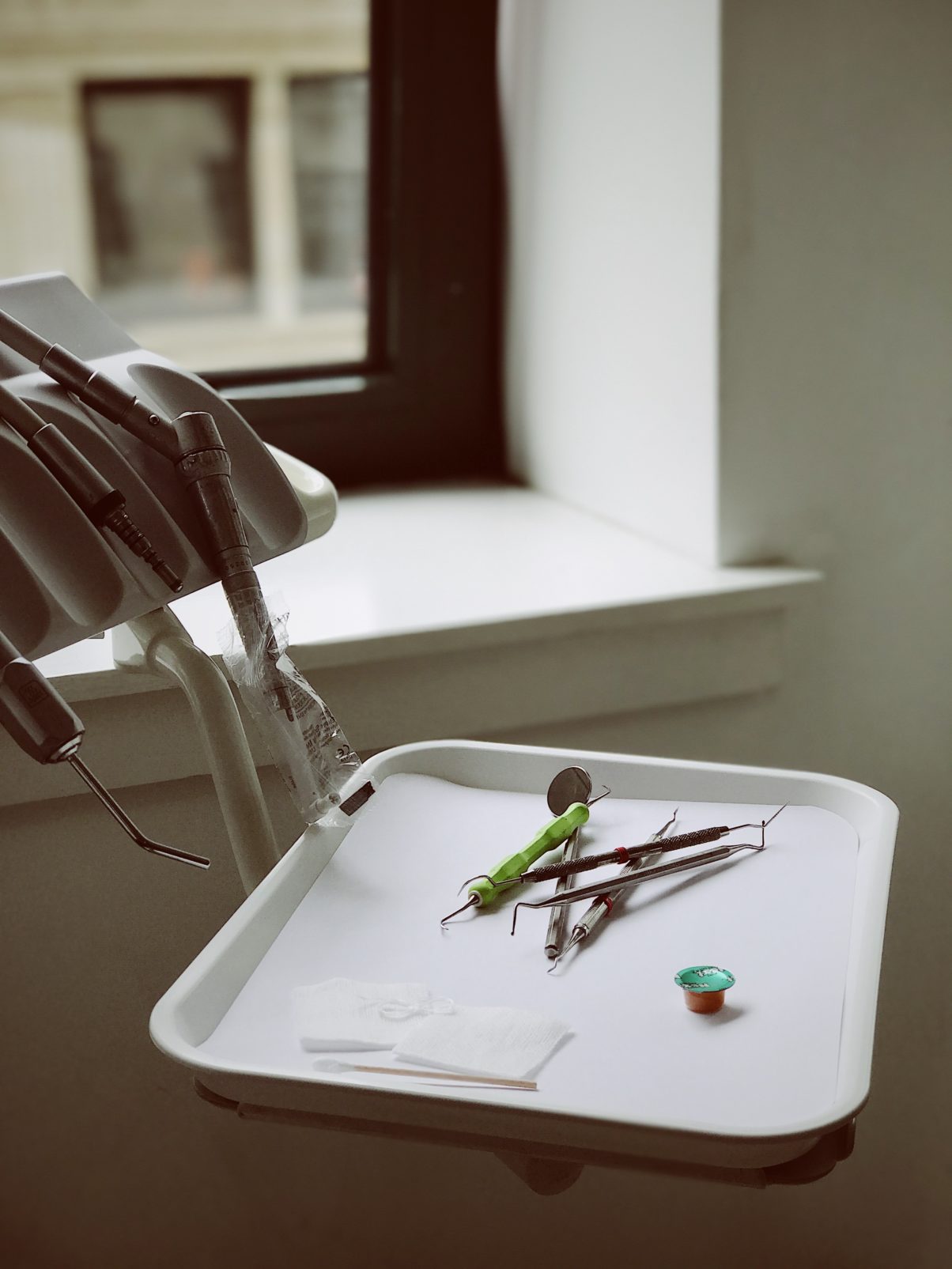Do you see some pink in your sink after brushing or flossing? It’s not uncommon for gums to bleed, especially if you’ve brushed a little too vigorously or begun a new flossing routine. In certain instances, however, bleeding gums can be a sign of a serious problem. Here’s how you can tell if your bleeding gums might point to something more serious.
What Causes Bleeding Gums?
Gums will often bleed in response to trauma or inflammation. Common triggers include:
A New Flossing Regimen
Changing your daily flossing routine can cause your gums to bleed. For instance, if you forgot to floss for a few days or have begun to floss more often, you might notice some bleeding. This should clear up within about seven days. If it doesn’t, you should visit your dentist for a professional examination.
Medications
According to the American Dental Association, blood-thinning medications can cause gums to bleed. Since they reduce your blood’s ability to clot, these types of medications can make your oral tissues more sensitive to physical trauma. You can reduce problems by switching to a soft-bristled toothbrush and by talking to your dentist about other ways to prevent bleeding.
Gingivitis
The first stage of gum disease, gingivitis usually results from poor dental hygiene. If you don’t remove plaque from your teeth and gum line, your gums may become tender and inflamed. If left untreated, this can lead to serious problems. Fortunately, gingivitis is usually reversible with regular dental checkups and improved brushing and flossing habits.
Pregnancy Gingivitis
It’s not uncommon for pregnant women to experience bleeding and swollen gums. According to the American Pregnancy Association, this is due to natural hormonal changes that alter the body’s response to the oral bacteria that cause gum disease.
According to the APA, symptoms should always clear up after your pregnancy. That said, you should schedule a checkup with your dentist to make sure your bleeding gums are a normal part of your pregnancy and not a result of another underlying problem.
When to See a Dentist
If your gums bleed regularly, make an appointment with your dentist. It could be a sign that you are developing gum disease. With timely intervention, you can avoid serious complications. Unfortunately, when left untreated, gingivitis can lead to periodontal disease which can result in gum abscesses, tooth and bone loss, receding gums and damage to the periodontal ligament.
Overall Health and Wellness
It should be noted that continuously bleeding gums could be the first sign of gum disease, and studies have shown that patients with active gum disease may have a higher risk of heart disease, stroke, and diabetes. Make sure that you see a dentist and take care of your holistic health, not just your oral health.


 Previous Article
Previous Article

